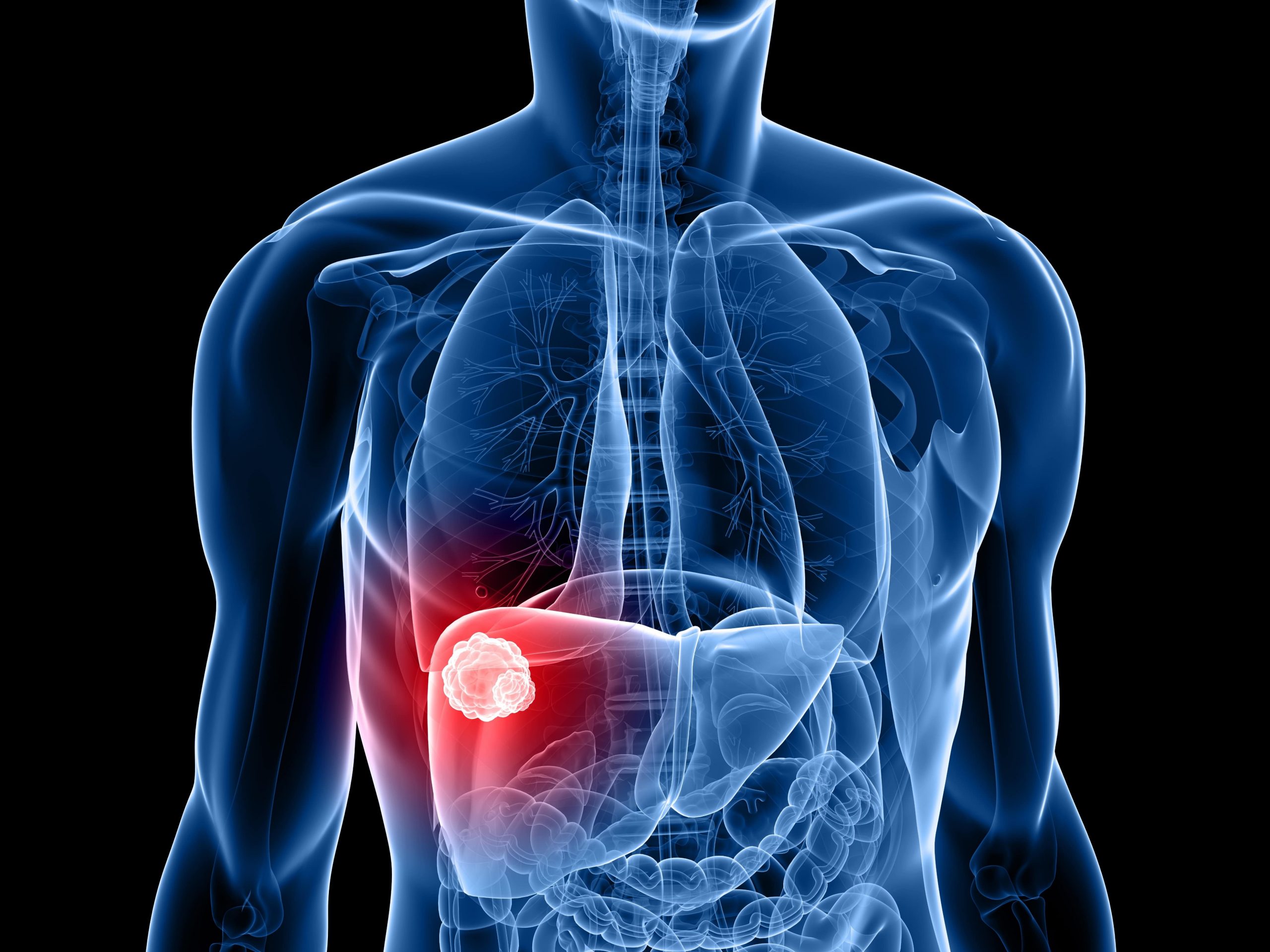Liver Cancer
What is Liver Cancer?
Liver cancer originates from the cells in your liver. Several types of cancer can form in the liver. The common types of liver cancer are:
- Hepatocellular carcinoma. It arises from hepatocytes, the main liver cell.
- Cholangiocarcinoma. It arises from cholangiocytes or intrahepatic bile duct cells.
- Cancers from other sites often spread to the liver. However, these are not considered primary liver cancers but are called liver metastases.

Most people don’t have any signs and symptoms in the early stages of liver cancer. In more advanced cases, signs and symptoms may include:
- Weight Loss
- Loss of appetite
- Abdominal pain or bloating
- Nausea and vomiting
- Fatigue
- Jaundice
- Pale-coloured stool
Liver Cirrhosis or liver hardening is the most important risk factor for primary liver cancer. It can be caused by hepatitis B, hepatitis C, hemochromatosis, Wilson’s disease, nonalcoholic fatty liver disease and excessive alcohol consumption.
Hepatitis B patients have a higher risk of liver cancer even without developing cirrhosis.
Other risk factors would include type 2 diabetes, obesity, smoking and exposure to a certain toxin.
Liver cancer is best diagnosed with surveillance. It can be detected early in stage I or stage II when it is still curable. Liver cancer surveillance or screening is simple and involves an ultrasound scan and a blood test (alpha-fetoprotein) done regularly every 6 months, even when there are no symptoms. This has been shown to be of benefit to those with liver cirrhosis and hepatitis B.
Diagnosis of liver cancer can be confirmed with tumour marker (Alfa-fetoprotein), CT scan liver or MRI liver with contrast agent. CT scan is cheaper, faster and more comfortable but it involves the use of radiation. MRI is expensive, takes 30-40 minutes and is not suitable for those with claustrophobia. It is more accurate.
A liver biopsy may be needed in selected cases. A small piece of the liver tumour is removed with a special needle under local anaesthesia and examined under the microscope. This is usually guided by imaging.
Treatment for liver cancer is dependent on 3 factors:
- Stage of liver cancer – the size and number of liver cancers found.
- Stage of liver cirrhosis and hence residual liver function – defined by the Child-Pugh Score.
- Performance Status of the patient
Choosing the right treatment will involve a multidisciplinary team with a liver specialist, surgeon, radiologist and oncologist.
Treatment options include:
- Local ablative therapy (such as radiofrequency ablation)
- Surgery
- Liver Transplantation
- Transarterial chemoembolization
- Yttrium-90 radioembolization
- Chemotherapy
- Immunotherapies




